Controversial Agreement Sparks Outrage
Nigeria’s Federal Government is under fire for signing a $150 billion Samoa Deal, which critics claim promotes LGBTQ rights.
The agreement, signed on November 15, 2023, in Samoa, allegedly includes clauses that mandate support for LGBTQ rights as a condition for financial aid.
Join our WhatsApp ChannelThis has sparked outrage among clerics, rights activists, and civil society organisations (CSOs) in Nigeria, a country where Islamic and Christian values strongly influence cultural norms.
Government Clarifies Economic Focus
Minister of Budget and Economic Planning, Abubakar Atiku Bagudu, confirmed Nigeria’s ratification of the deal on July 1 at a European Union (EU) reception in Abuja.
However, his media assistant, Bolaji Adebiyi, later clarified that the referenced documents pertained solely to economic development and did not include any mention of LGBTQ or same-sex marriage. Adebiyi insisted that Bagudu signed an agreement related to a $150 billion trade component, not LGBTQ issues.
Legal Expert Raises Concerns
The controversy has drawn sharp criticism from various quarters. Sonnie Ekwowusi, a Lagos-based lawyer and chairman of the Human and Constitutional Rights Committee of the African Bar Association (AfBA), lambasted the agreement, calling it “nauseating.”
READ ALSO: U.S. Election: Biden Pardons Military Personnel Convicted Under Anti-LGBTQ+ Law
He questioned the judgment of Nigerian officials, suggesting they might not fully understand the implications of the agreement for Nigeria’s sovereignty.
“I can wager that neither Minister Atiku Bagudu nor the Nigerian officials or diplomats who signed the Samoa Agreement on our behalf understand the import of the agreement to Nigeria’s sovereignty, let alone the destructive impact of the Agreement in Nigeria. This explains why many African bodies, including the AfBA, have condemned the agreement and respectfully urged African countries not to sign it. Not infrequently, Nigerian officials in Geneva, New York, and other places sign international agreements or treaties over a cup of coffee or a glass of wine with little or no knowledge of their contents,” Ekwowusi stated.
Initial Rejection and EU Pressure
He further questioned whether the officials who signed the agreement were truly representing the interests of the Nigerian people. Ekwowusi recalled that Nigeria and 34 other African, Caribbean, and Pacific countries had initially refused to sign the agreement on November 15, 2023.
Countries that refused to sign include Benin, Senegal, Liberia, Botswana, Burundi, Jamaica, Mali, Rwanda, Tanzania, Uganda, Somalia, Namibia, Grenada, Eritrea, Malawi, Guinea-Bissau, Madagascar, Antigua and Barbuda, the Bahamas, the Central African Republic, Cuba, and the Dominican Republic. Others are Equatorial Guinea, Eswatini, Guyana, the Maldives, Mauritania, Nauru, Palau, Saint Lucia, Saint Kitts and Nevis, Tonga, Trinidad and Tobago, and Tuvalu. Nigeria’s refusal on the original signing date led to a threat from the EU on November 24, 2023.
Religious Leaders Reaffirm Stance
Abubakar Akande, administrative secretary of the Nigerian Supreme Council for Islamic Affairs (NSCIA), reiterated the council’s unchanged stance on same-sex marriage and LGBTQ issues. “We (NSCIA) would not welcome such an agreement.
Our stance has remained the same since the administration of former President Goodluck Jonathan. We cannot agree to what is against the injunction of our Creator, Allah, on this matter, and which also disrespects Nigeria’s sovereignty,” Akande stated.
Civil Society’s Unified Rejection
Similarly, Abdulrazaq Ajani, Ameer (leader) of the Abuja Muslim Forum (AMF), reported that African civil society organisations (CSOs), including AMF, met with top government officials and members of both chambers of the National Assembly, particularly the chairmen of relevant committees in the House of Representatives.
They also engaged with the administrative leadership of the legislators and unequivocally rejected the proposed agreement.
Parliamentary Process Under Scrutiny
Rabiu Yusuf, chairman of the House of Representatives Committee on Treaties, Protocols, and Agreements, stated that the Samoa Agreement has not been brought before the National Assembly for consideration.
“To the best of my knowledge, nothing has happened in the National Assembly regarding the Samoa Agreement,” Yusuf said.
Historical Context of LGBTQ Legislation
Former President Goodluck Jonathan, in January 2014, signed into law a bill that criminalises same-sex relationships, defying Western pressure over gay rights and provoking criticism from the United States.
The law contains penalties of up to 14 years in prison and bans gay marriage, same-sex “amorous relationships,” and membership of gay rights groups.
Official Defense of the Agreement
Mohammed Idris, Minister of Information and National Orientation, stated that the Samoa Agreement was signed in the interest of Nigeria.
“It is necessary to assure Nigerians that the President Bola Tinubu Administration, being a rule-based government, will not enter into any international agreement that will be detrimental to the interest of the country and its citizens. In negotiating the Agreement, our officials strictly followed the mandates exchanged in 2018 between the EU and the Organisation of African, Caribbean, And Pacific States (OACPS) for the process,” Idris said.
He added that the Samoa Agreement is a vital legal framework for cooperation between the OACPS and the European Union, aiming to promote sustainable development, fight climate change and its effects, generate investment opportunities, and foster collaboration among OACPS member states at the international stage.
Public Reactions
Public reactions on social media have been mixed, with some Nigerians expressing skepticism and others outright condemnation. One Twitter user commented, “As they no see real investors, anything that brings money for looting is welcomed, even if it destroys Nigerians.”
Another stated, “Samoa agreement has some clauses that ‘compel’ underdeveloped and developing nations to support the agitations by LGBTQ community. But the Minister of Budget said he didn’t see how the clauses promote LGBTQ. Thunder!”
The controversy surrounding the Samoa Deal continues to unfold, with many Nigerians awaiting further clarification and action from their government.
Emmanuel Ochayi is a journalist. He is a graduate of the University of Lagos, School of first choice and the nations pride. Emmanuel is keen on exploring writing angles in different areas, including Business, climate change, politics, Education, and others.
- Emmanuel Ochayihttps://www.primebusiness.africa/author/ochayi/
- Emmanuel Ochayihttps://www.primebusiness.africa/author/ochayi/
- Emmanuel Ochayihttps://www.primebusiness.africa/author/ochayi/
- Emmanuel Ochayihttps://www.primebusiness.africa/author/ochayi/

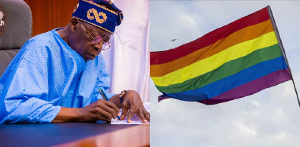



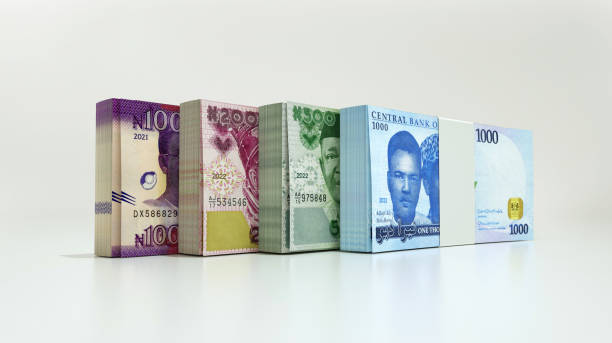

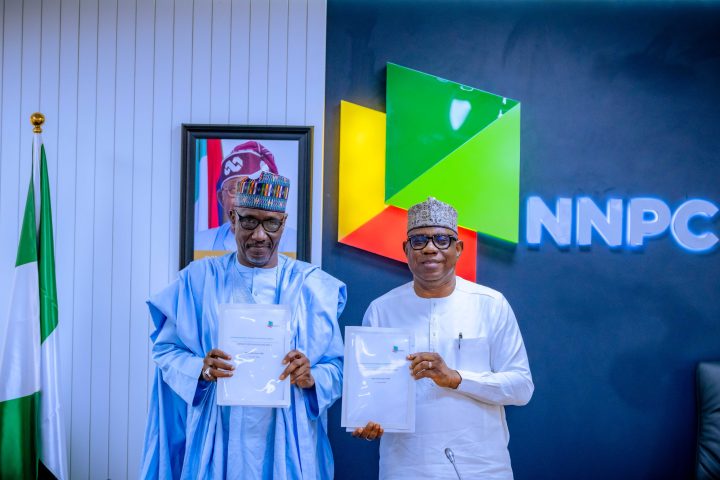









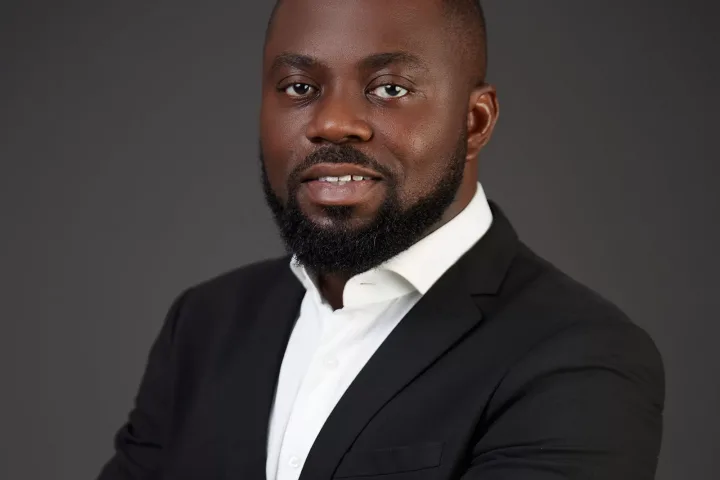
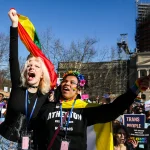
Follow Us